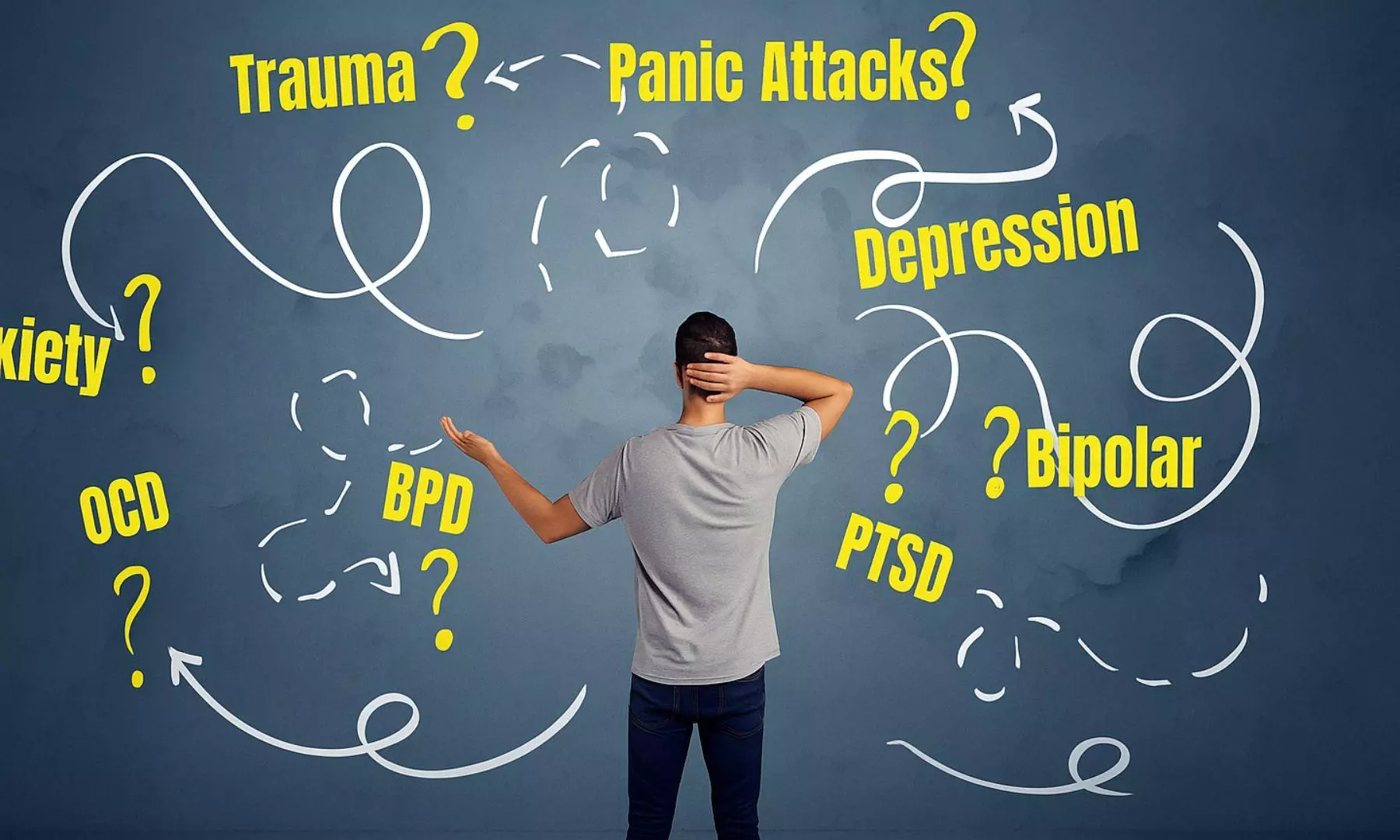
When any sadness is ‘depression’ and ‘OCD’ is a joke, who pays the price?
Experts warn that using mental health terms casually trivializes real disorders and delays treatment

“I’m depressed.”
“I’m having a panic attack.”
“She’s so OCD.”
These phrases have become part of everyday conversations. But mental health professionals say they are often used incorrectly, diluting the seriousness of mental health conditions.
The Federal’s Second Opinion series explores how social media and pop culture have normalized the casual misuse of psychological terms — and why experts believe it’s doing more harm than good.
Depression is not sadness
“Any breakup is equal to 'depression', any kind of sadness is equal to 'depression',” remarked Veena Prathap, Assistant Professor of Psychology at DG Vaishnav College. “One word is becoming the alternative for every other emotion.”
She explains that terms like 'depression', 'anxiety', 'PTSD', 'OCD', and 'trauma' are now casually used to describe temporary emotions. “A person who is clean or disciplined is called 'OCD'. Someone nervous before an exam says they’re having a panic attack. The meanings have become diluted,” she says.
Also read: Sridhar Vembu links vaccines to autism; Liver Doc says 'Stay in your lane'
While Veena credits social media for raising awareness, she cautions that “awareness is not equal to expertise.” Misusing these words, she says, can invalidate people genuinely suffering from mental health disorders.
Self-care is not therapy
The rise of self-care trends online has blurred lines between relaxation and therapy. Many hobbies are being labelled as “healing” or “therapeutic,” but experts say this can be misleading.
Dr Kurinji GR, psychiatrist at Kauvery Hospital, explains, “For diabetes, exercise helps prevent it. But if a person’s sugar level is 600, you won’t just suggest dieting. Similarly, if someone is severely depressed or suicidal, art or music therapy alone cannot help. The severity of the condition matters.”
She adds that while such activities support mental health, they cannot replace professional treatment for chronic or severe cases.
Stop labelling others
“People should stop labelling others,” says Dr Yayathee, psychotherapist at Rela Hospital. “If you think someone has a mental health issue, ask them to meet a consultant. Only trained professionals can diagnose and guide them correctly.”
Also read: Beyond the boundary: Jemimah Rodrigues and the need to talk about mental health
He stresses that labelling others as “depressed” or “anxious” without assessment not only spreads misinformation but can also discourage people from seeking proper help.
When awareness backfires
Experts warn that casual use of psychiatric labels can make those genuinely struggling feel invalidated. “They think their symptoms aren’t serious enough,” says Dr Kurinji. “For example, people with obsessive-compulsive disorder (OCD) may wash their hands 50 times a day, causing skin damage. But because OCD is now used jokingly, their struggle is dismissed or delayed.”
She explains that delays in diagnosis can worsen conditions. “We often see patients who visit dermatologists for skin problems caused by compulsive washing before being referred to psychiatrists.”
Right understanding is key
Dr Kurinji points out that psychiatric diagnoses rely on clinical assessments, not blood tests or scans. “Feeling anxious is different from having anxiety disorder,” she says. “Misusing such terms makes people who truly suffer believe everyone experiences the same thing — and they stop seeking treatment.”
Though increased awareness has reduced stigma around mental health, experts worry that it has also normalized misdiagnosis and casual self-labelling.
Also read: Deepika Padukone named India’s first Mental Health Ambassador by Union Ministry
Words can heal — or harm. Experts say casually using mental health labels like “panic attack,” “bipolar,” or “OCD” as adjectives trivializes the lived realities of people struggling with these disorders.
Thousands already hesitate to seek help due to stigma. The least society can do, they say, is to use mental health language responsibly and respectfully — because the misuse of words can cost someone timely care.
(The content above has been transcribed from video using a fine-tuned AI model. To ensure accuracy, quality, and editorial integrity, we employ a Human-In-The-Loop (HITL) process. While AI assists in creating the initial draft, our experienced editorial team carefully reviews, edits, and refines the content before publication. At The Federal, we combine the efficiency of AI with the expertise of human editors to deliver reliable and insightful journalism.)

